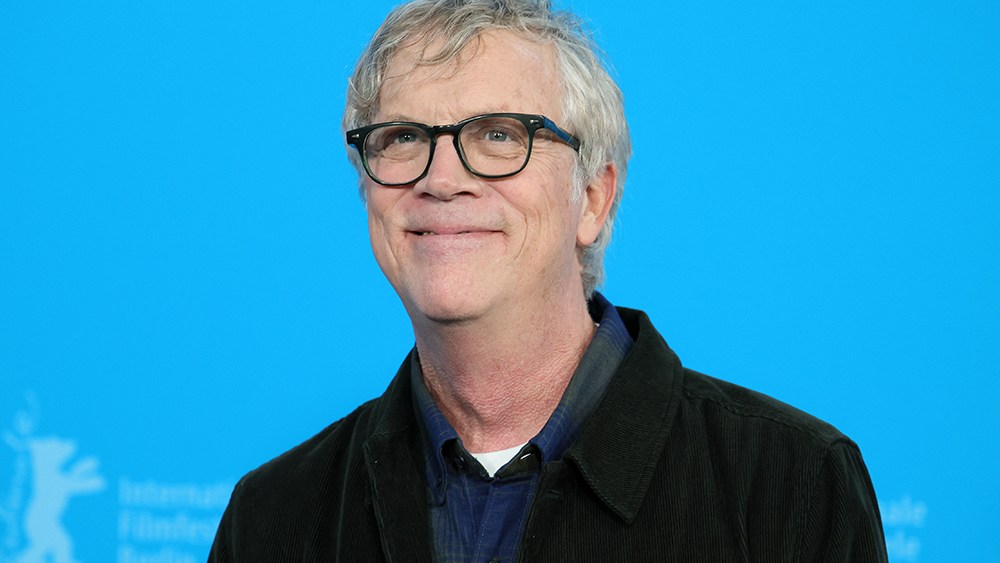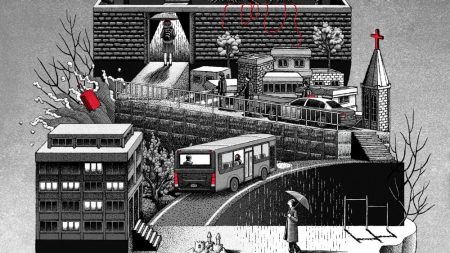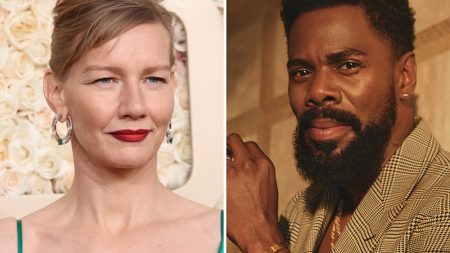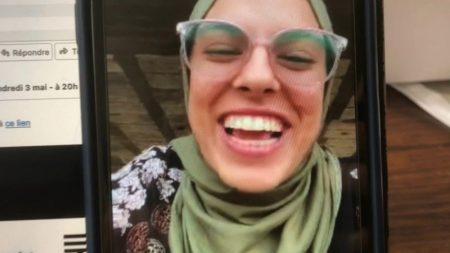The 73rd Berlin International Film Festival kicked off on Thursday, February 15, 2024, with a buzz of excitement and a undercurrent of political tension. Todd Haynes, the acclaimed filmmaker and this year’s jury president, wasted no time addressing the elephant in the room: the return of Donald Trump to the U.S. presidency and the sense of global unease it has stirred. “We’re in a state of particular crisis right now in the United States, but also globally,” Haynes remarked bluntly during the jury press conference. His words set the tone for a festival that would not shy away from grappling with the world’s challenges, both on and off the screen.
Haynes’ sharp critique of the Trump administration was laced with a sense of urgency. He noted that the first three weeks of Trump’s second term had left many in the U.S. and abroad in “tremendous concern” and “shock.” He suggested that this state of destabilization was, in part, a deliberate strategy by the administration to disorient the public. Haynes also expressed optimism that many who supported Trump might soon grow disillusioned, particularly as the president’s promises of economic stability begin to unravel. Yet, he acknowledged that the path forward for resistance remained uncertain, especially within the Democratic Party, as it continues to coalesce a unified response. For now, Haynes emphasized the importance of individual and collective action, urging filmmakers and artists to maintain their integrity and speak out on the issues that matter.
The conversation also turned to how Trump’s return to power might impact the filmmaking industry. Haynes described it as a “real question hanging over all American filmmakers.” He acknowledged that the challenge extends far beyond the world of cinema, touching on broader themes of integrity, risk-taking, and the willingness of financiers to support bold, unconventional voices. While Haynes expressed faith in the resilience of storytellers, he also highlighted the financial complexities that could complicate the production of films that challenge the status quo. “It’s about the kind of financiers who are willing to take risks,” he said, adding that success often depends on positive examples to embolden others. As the festival unfolded, this tension between artistic vision and financial realities loomed large.
Haynes was joined on the jury by a diverse group of cinematic luminaries, including Chinese superstar Fan Bingbing, Moroccan filmmaker Nabil Ayouch, German costume designer Bina Daigeler, Argentinian director Rodrigo Moreno, film critic Amy Nicholson, and actor-director Maria Schrader. Together, they represented a cross-section of global cinema, underscoring the festival’s mission to celebrate storytelling in all its forms. Yet, the event is taking place against a backdrop of political turmoil, not just in the U.S. but also in Germany, where the country is gearing up for crucial general elections on February 23. The rise of the far-right Alternative for Germany (AfD) party has added another layer of complexity, following controversy last year when AfD officials were invited—and then disinvited—from the opening ceremony. The festival, then, becomes a microcosm of the world’s struggles, where art and politics intersect.
New Artistic Director Tricia Tuttle framed the festival as an act of resistance in its own right. “The very fact that we’re here is an act of resistance,” she said, urging participants not to let fear of global turmoil silence them. Haynes echoed this sentiment, reflecting on the power of cinema to bring people together and spark meaningful conversations. He also drew on his own experiences as a filmmaker during the AIDS epidemic, a time of immense political activism and creative innovation. “It produced a kind of political efficacy and a creative component,” he recalled, referring to the emergence of the “new queer cinema” movement. For Haynes, the legacy of that era is a reminder that filmmakers have always played a vital role in challenging systems and pushing boundaries, both in content and in form.
Yet, as the festival opened with the premiere of Tom Tykwer’s highly anticipated film, Das Licht (The Light), the mood was a mix of optimism and unease. Maria Schrader, another jury member, spoke candidly about the challenges of responding to the world’s crises through art. “Sometimes, it feels hard for an artist to immediately react,” she admitted, recalling how her own work, like the groundbreaking She Said, grappled with the complexities of storytelling in turbulent times. Schrader’s reflections resonated with many in attendance, who saw the festival not just as a platform for showcasing films but as a space for dialogue and renewal. As the Berlinale continues through February 23, it remains to be seen how the global cinematic community will respond to the challenges ahead, but one thing is clear: the power of storytelling will be at the heart of the conversation.









